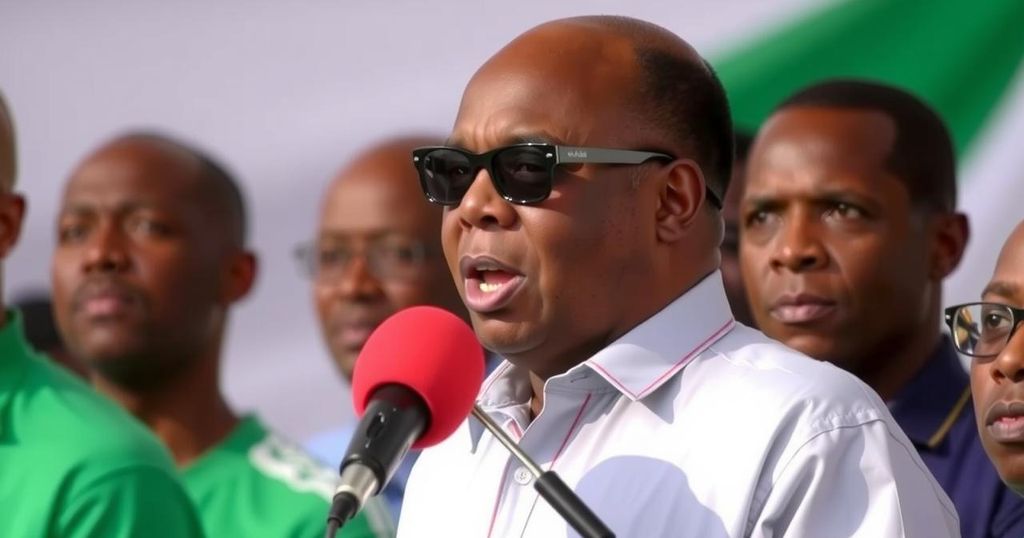Chad’s Ruling Party Secure Majority Amid Opposition Boycott in Elections
Chad’s ruling Patriotic Salvation Movement has won a significant majority in the December parliamentary elections, attaining 124 of 188 seats. The election, boycotted by more than ten opposition parties, saw a voter turnout of 51.5%. Mahamat Idriss Déby’s authority is further strengthened despite opposition claims of voting irregularities and concerns about the credibility of the electoral process.
In December’s parliamentary elections, Chad’s ruling Patriotic Salvation Movement (MPS) has achieved a commanding majority, securing 124 out of the 188 available seats. Despite a boycott by over ten opposition parties, including the prominent Transformers party, the electoral commission reported a voter turnout of 51.5 percent. This election marks the first parliamentary vote in over ten years, reinforcing President Mahamat Idriss Déby’s control following his military rise to power in 2021 after the death of his father, the long-serving Idriss Déby Itno. While the president indicated that the election would facilitate crucial decentralization of power, opposition groups have dismissed the process as a façade, citing concerns over the credibility of the electoral process and comparing it to the previous presidential vote, which was also called into question.
Chad has a complex political history, characterized by the long-standing rule of Idriss Déby Itno who governed from 1991 until his death in 2021. The current president, Mahamat Idriss Déby, took control in a military coup and has attempted to guide the country towards a democratic transition, the parliamentary elections being a key step in that process. However, ongoing security issues related to insurgent activity and turbulent international relations, particularly with France, complicate the political landscape. The boycott by opposition parties points to significant political dissent regarding the legitimacy of the political process in Chad.
The recent parliamentary elections in Chad have reinforced the ruling party’s dominance while highlighting the challenges facing the nation’s political landscape, particularly the lack of participation from key opposition parties. With President Mahamat Idriss Déby consolidating power, questions regarding the integrity of the election process and future governance remain at the forefront of national discourse. The situation continues to evolve against a backdrop of pressing security concerns and complex international dynamics.
Original Source: www.rfi.fr




Post Comment